There is so much interest around blockchain platforms in these past few years and with this technology finding its way into numerous industries, it’s safe to assume it will continue being one of the main discussions held in the financial circles, but also outside them. With Bitcoin being the lead blockchain currency, we’re starting to see many alternatives arising and trying to get their piece of the market as well by solving some of the main challenges this pioneer is facing for a while now.
What all of these blockchain platforms have in common is that they’ve been created to help eliminate limitations and offer practical value for uses and applications within the business domain of the so-called Web 3: new iteration of WWW based on blockchain and tokenomics. New medium that is supposed to be decentralized, trustless and open. The question is no longer who accepts Bitcoins, but which company will adopt one of the blockchain platforms and apply them for satisfying their customers needs and their own in the best way possible.
If you too are looking into adopting blockchain platforms and making the most of your business, here are the top platforms on the market you should consider.
Page Contents
1. Solana
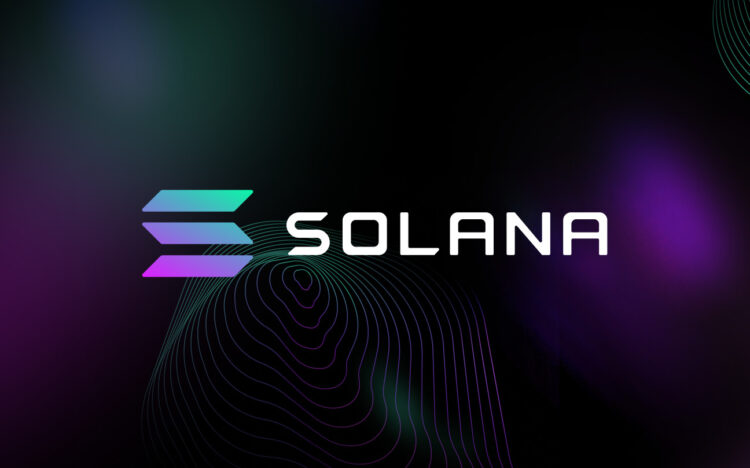
Source: coingape.com
Solana prides itself to be an incredibly fast decentralized blockchain solution that enables scalable, user-friendly apps and has a skyrocketing value as shown here. Also, it’s the fastest-growing blockchain in the world with a wide range of projects for those interested in diversity when it comes to blockchain. In a discussion of Solana vs Ethereum, you will need to be clear on what you need a blockchain platform for. Each of them has its advantages and disadvantages, so you will need to carefully research both options to determine which of these will satisfy your business needs.
This blockchain will be a good choice for the projects with priority on the transaction speed and transaction cost, more isolated projects.
And it is worth noting that migrating you project from Ethereum to Solana and vice versa is quite possible, so whenever you feel like you’ve made a mistake – it’s possible to fix. Though it will be reasonable to at least consult or fully delegate the migration process to the team familiar with both blockchains.
2. Ethereum
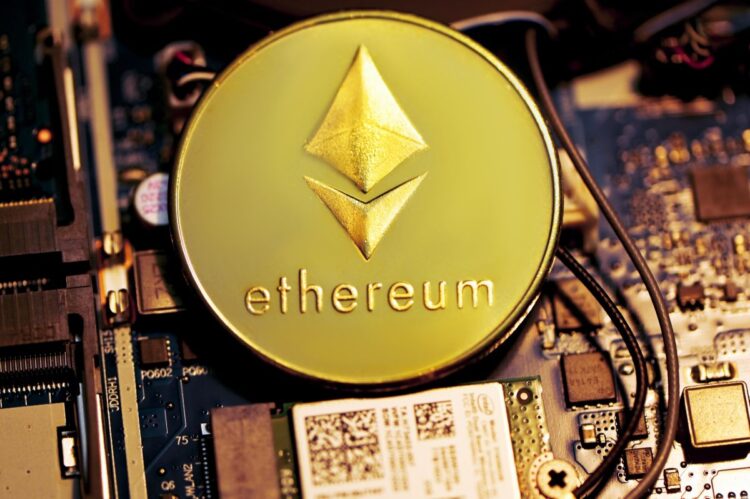
Source: unsplash.com
Besides Bitcoin, Ethereum is one of the oldest blockchain platforms, and definitely most popular. Most decentralized apps are being built using Ethereum. Even more attention was given to this blockchain since the NFT boom, as most of the non-fungible tokens are based on the ERC-721 token standard.
With Ethereum, you will get a fully decentralized blockchain that is also great support for those interested in smart contracts. With that being said, you will need to be aware of its slow processing times and higher transaction processing fees (gas) when compared to other options. What makes Ethereum different from most blockchain platforms is that it has its own cryptocurrency known as Ether.
The crypto community had some concerns regarding Ethereum, however most of the significant questions will be solved after Ethereum 2.0 launch with a switch to Proof-of-Stake algorithm, sharding adoption and potential gas fees reduction.
3. IBM Blockchain
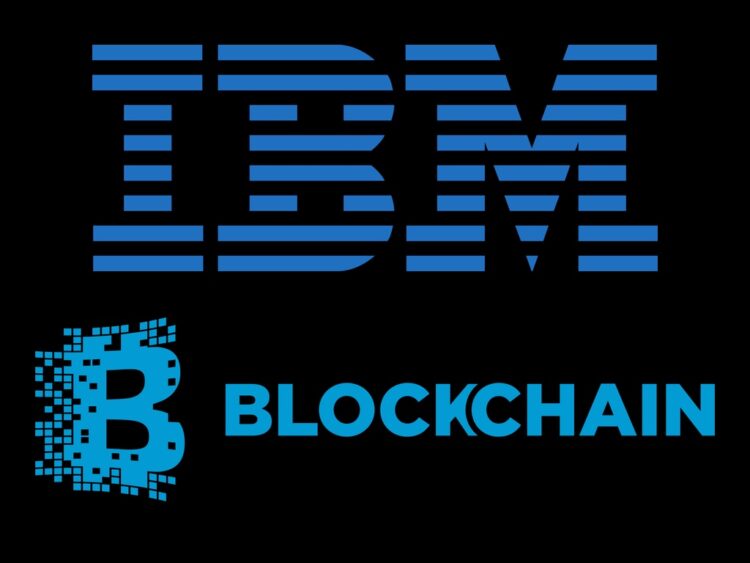
Source: spendmatters.com
Another private, decentralized blockchain platform, IBM Blockchain is a great solution for enterprises to connect their cloud and legacy technologies in a more seamless way than with decentralized networks. The developer tool within the platform is quite flexible, functional and provides a higher level of customization. For those looking for a user-friendly interface, this might be the best and cleanest blockchain platform.
4. Hyperledger Fabric
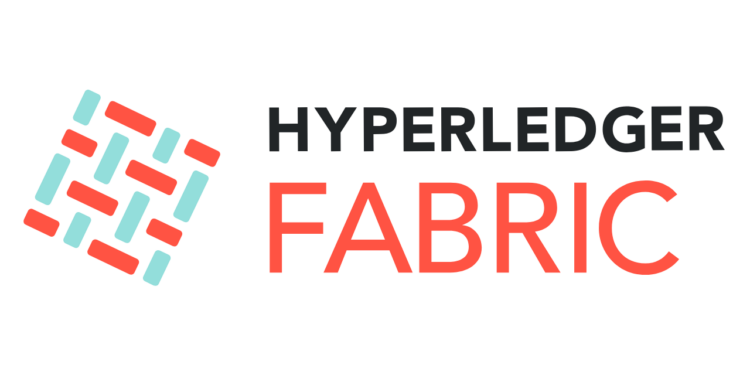
Source: github.com
Hyperledger Fabric offers a wide range of tools that help with creating blockchain applications. The reason why this platform entered our list is due to its rich ecosystem of components that can be implemented in the modular architecture. If you’re particularly concerned about security and speed, Hyperledger Fabric works great in closed blockchain deployments.
There are lots of other tools in Hyperledger ecosystem for any kind of a project, so it’s definitely worth investigating. For example, Hyperledger Indy is great for working on decentralized identities, while Hyperledger Burrow is highly interoperable with Ethereum which allows to take the best of both worlds.
5. R3 Corda
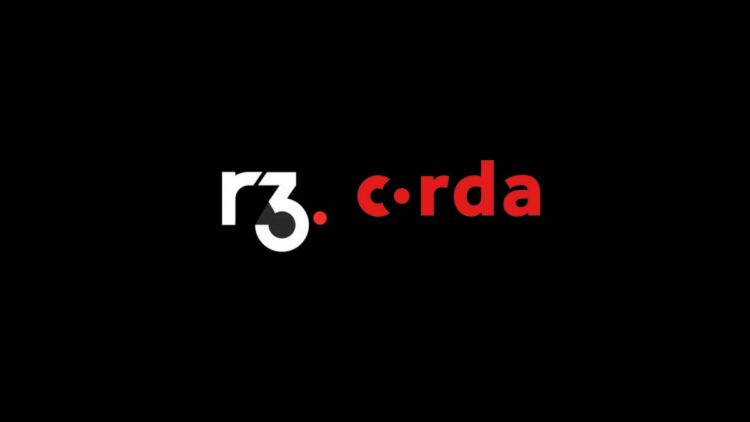
Source: nickavramov.medium.com
Although there are some people who are still not agreeing on R3 Corda being a blockchain, this distributed ledger solution created a mechanism that links all transactions cryptographically but doesn’t batch them into a block, like the idea behind the blockchain technology. This blockchain, but not a blockchain, is able to process all transactions in real-time, which is an incredible advantage compared to other blockchain platforms.
6. EOSIO
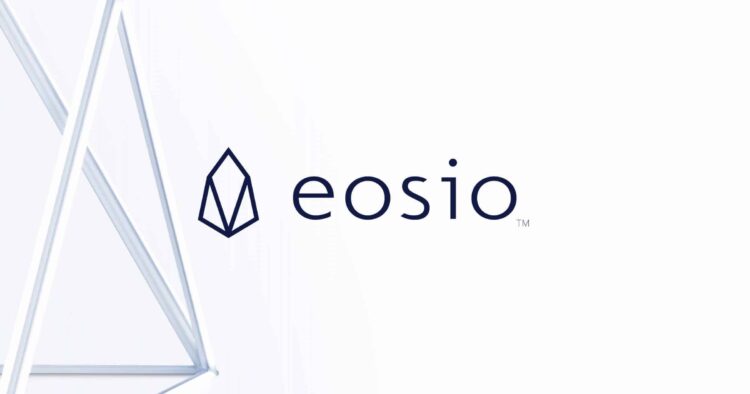
Source: insidebitcoins.com
This blockchain platform was first launched back in 2018, but just as an open-source. Its value lies in developing decentralized applications, but also smart contracts. Due to EOSIO’s complex consensus mechanism, it offers much better performance than any other traditional platform. In EOSIO, you will also find support for a governance feature on platform changes voting.
7. MoonPay
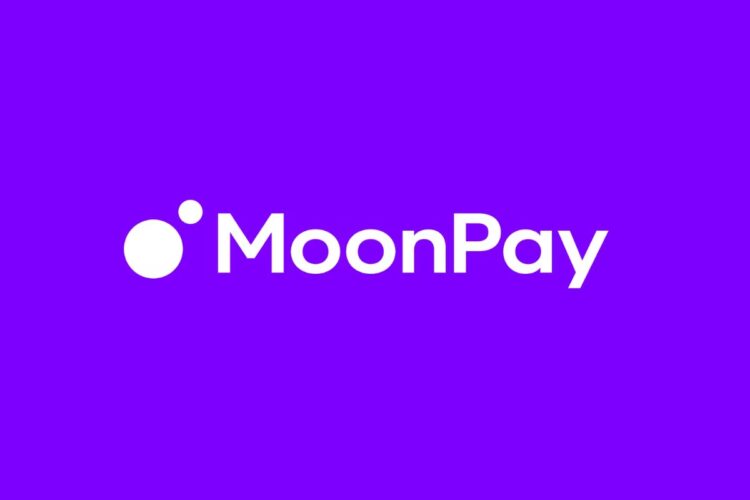
Source: research.contrary.com
In today’s digital age, cryptocurrencies have grown from a niche concept to a widely accepted form of digital asset. As the crypto ecosystem expands, the demand for reliable and user-friendly platforms for trading and transactions has surged. Enter MoonPay, a game-changer in the fintech space.
MoonPay stands out as a financial technology firm with a prime focus on building a robust payments infrastructure tailored for the crypto world. It acts as a bridge, enabling a seamless experience for users to convert between traditional fiat currencies and cryptocurrencies. One might wonder, with so many platforms out there, what makes MoonPay unique? It’s their vast array of payment methods. Whether you’re inclined to use a debit or credit card, prefer local bank transfers, or wish to utilize convenient mobile payment solutions like Apple Pay, Google Pay, or Samsung Pay, MoonPay has you covered.
With its global presence in over 160 countries, MoonPay isn’t just an ordinary payments platform; it’s a worldwide network, facilitating crypto transactions on a massive scale. Such an expansive reach allows users from different regions to access, trade, and transact with ease, eliminating the usual hurdles associated with cross-border transactions.
Trust is a cornerstone in the finance sector. In the volatile world of cryptocurrencies, reliability becomes paramount. MoonPay is recognized and trusted by over 300 leading wallets, websites, and applications. Their commitment goes beyond just facilitating transactions; they’ve embedded advanced security measures to defeat fraud, ensuring that users’ assets and data remain secure.
In summary, as cryptocurrencies such as Bitcoin and Ethereum continue to redefine the way we perceive and use money, platforms like MoonPay are instrumental in fueling this transition. Offering a harmonious blend of convenience, reach, and security, MoonPay is undoubtedly paving the way for a more inclusive and accessible crypto future.
Whether you’re a newbie looking to dip your toes into the crypto pool or a seasoned trader seeking a dependable platform, MoonPay emerges as a go-to choice for all your crypto transaction needs.
In Final Words
If you thought that 2024 was the year of blockchain, you’ll be even more surprised when you notice how its growth continues into 2024 as well. Companies across the world are looking into innovative ways to implement blockchain technology into their business and provide more value to their target audience.
According to PixelPlex senior blockchain advisors, it’s better to start with assessing the blockchain implementation rationale to make sure that the blockchain is a good fit for your market and brings in all the benefits it is known for, rather than turns out to be additional unnecessary spending. Most of the reputable blockchain consulting and development companies perform such an analysis for their clients.
Choosing the best blockchain platform to use is going to be a solid investment for businesses looking to advance their technology efforts and grow assets. This internet and metaverse platform will help businesses and companies increase their revenue. With this being said, it is also a smart move to hire a metaverse developer to ensure a smooth flow of the process.
The best thing would be to reach out to a blockchain consultancy, a team of experts who will be able to understand your idea and deliver you a product your business desperately needs. What can be better than a team with a decade of experience in such a complicated field? Any detail of your project and even your target audience can influence the decision of what blockchain to use. It’s better to partner up with experts who treat your project like one of their own and do their best to make it a success.





